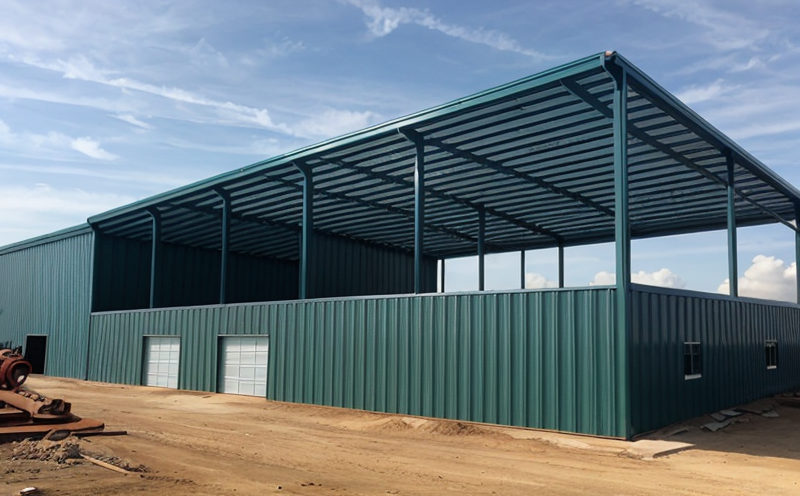IEC 60068-2-14 Thermal Shock Testing for Smart Device Hardware
The International Electrotechnical Commission (IEC) Standard IEC 60068-2-14 specifies the thermal shock test method to evaluate the resistance of electrical and electronic equipment to rapid temperature changes. This testing is crucial in assessing the durability, reliability, and performance of smart device hardware, particularly those used in sectors like Smart Home & IoT Device Testing.
Thermal shock tests are essential for ensuring that smart devices can withstand extreme environmental conditions without failure or degradation. The standard provides a standardized approach to subjecting specimens to alternating high-temperature and low-temperature environments, typically within a short time frame. This helps in identifying potential weaknesses in the design of the device, which could lead to premature failures under real-world operating conditions.
The test involves placing the smart device hardware into a thermal chamber that can rapidly change temperature between defined upper and lower limits. The specimen is exposed to these extreme temperatures for specified durations at both high and low extremes. This rapid cycling can simulate real-life scenarios where devices may be subjected to wide variations in ambient conditions, such as during transport or use in different climates.
The IEC 60068-2-14 standard specifies the temperature ranges and transition times suitable for various types of smart device hardware. For instance, it might specify a high-temperature cycle of +70°C to -40°C with a transition time of 5 minutes between each cycle. This ensures that the test conditions are as close as possible to actual operational environments.
During the testing process, careful preparation of the specimen is necessary. This includes ensuring that all connections and interfaces are secure and that any moisture or contaminants are removed from the device before placing it in the thermal chamber. Proper grounding and insulation should also be maintained to avoid short circuits during the test.
The use of this standard helps manufacturers comply with international regulations and ensure product quality, safety, and reliability. By adhering to IEC 60068-2-14, companies can demonstrate that their smart device hardware meets stringent requirements for thermal stability, which is critical in sectors like Smart Home & IoT Device Testing where devices are often exposed to varying environmental conditions.
The results of the test provide valuable insights into how well the smart device hardware withstands temperature changes. This information is crucial for optimizing design and improving product performance. It also aids in identifying areas for improvement, such as enhancing insulation or modifying materials to better handle thermal stress.
Industry Applications
- Smart Home Devices: Ensuring that devices like smart thermostats, security cameras, and lighting systems can operate reliably in varying environmental conditions.
- IoT Devices: Testing IoT modules and sensors to ensure they function correctly under extreme temperature fluctuations, which is crucial for applications such as smart meters and environmental monitoring systems.
- Consumer Electronics: Evaluating the durability of consumer electronics like smartphones, tablets, and wearable devices that are often subjected to a wide range of temperatures during use.
- Automotive Industry: Assessing the robustness of automotive electronic components that must operate reliably under extreme temperature changes encountered in different climates.
Eurolab Advantages
EuroLab offers a comprehensive suite of services tailored to meet the unique needs of the Smart Home & IoT Device Testing sector. Our state-of-the-art facilities and experienced technicians ensure that we can provide accurate and reliable IEC 60068-2-14 thermal shock testing for smart device hardware.
Our facility is equipped with advanced thermal chambers capable of rapid temperature cycling between the specified limits, ensuring precise control over environmental conditions. This allows us to replicate real-world scenarios accurately, providing clients with meaningful test results that can be used to improve product design and performance.
We have a team of highly qualified engineers who are well-versed in IEC standards and have extensive experience in conducting thermal shock tests. Our technicians are dedicated to ensuring that each test is conducted according to the specified parameters, delivering consistent and repeatable results.
EuroLab’s commitment to quality and customer satisfaction is reflected in our ISO 9001 certification. We continuously strive to improve our services by adopting new technologies and methodologies. This ensures that we remain at the forefront of testing standards and can provide clients with cutting-edge solutions for their testing needs.





